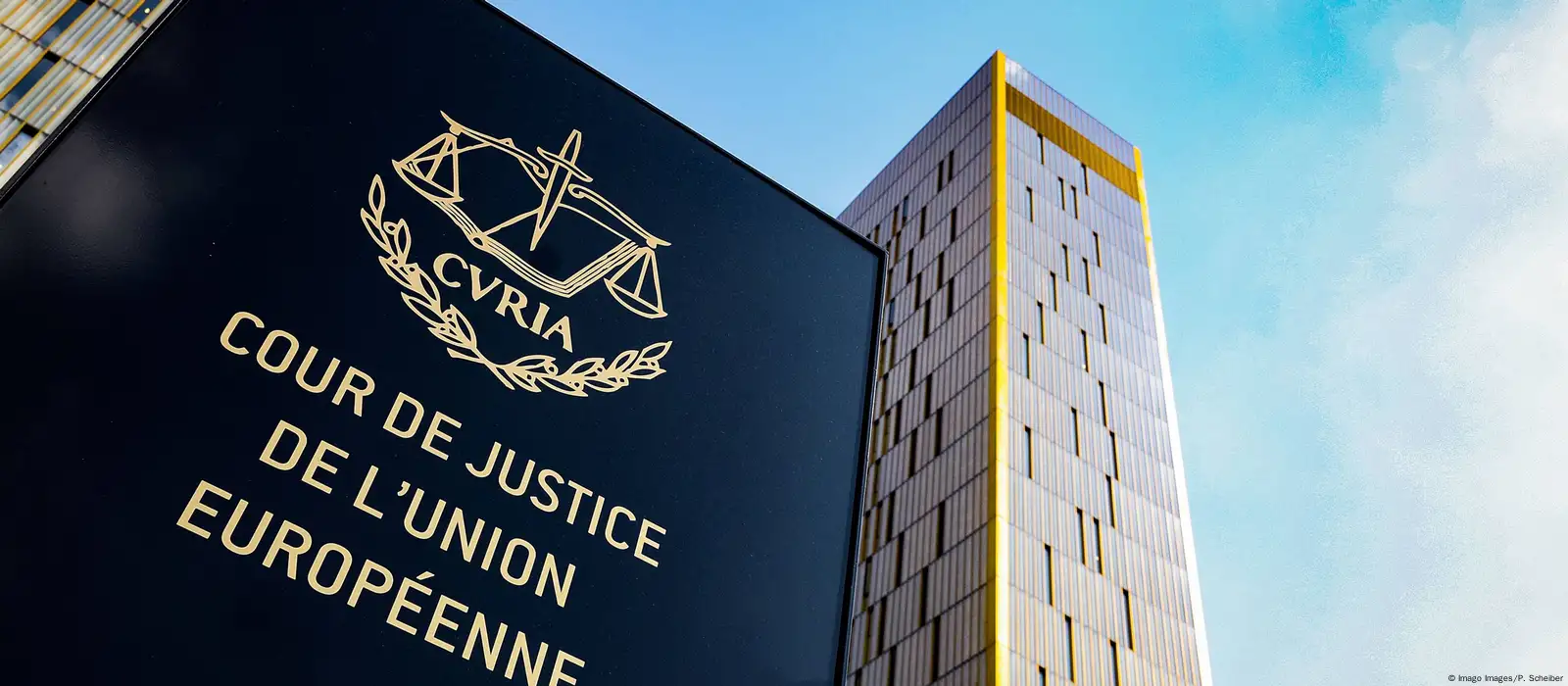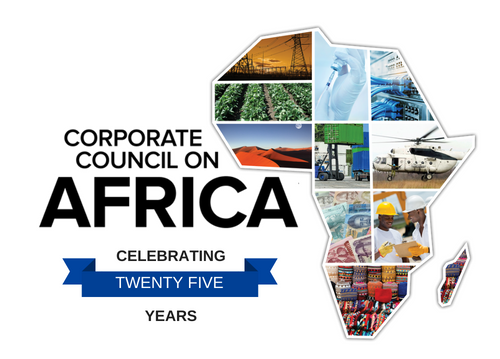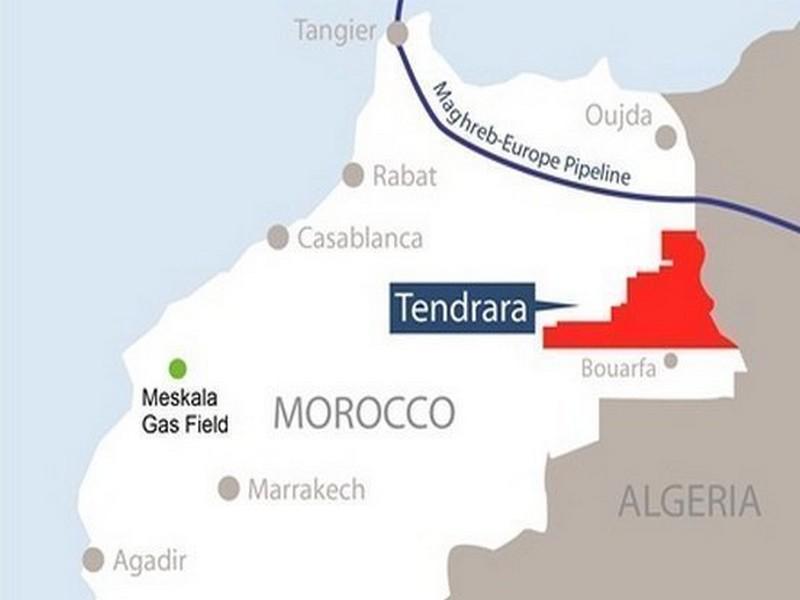The European Court of Justice has delivered a ruling stating that the EU trade deals with Morocco are invalid because they covered goods from the Sahara territory, in a verdict that emboldens separatism and undermines ties between the EU and its most stable partner in the southern Mediterranean.
The ruling was more of a political statement than a judicial matter in view of its meddling in a foreign policy issue to which it was not mandated.
The case opposed the European Union to Algeria’s proxies in the region, the separatist Polisario front.
The court issued the ruling that considered the Polisario as a “privileged partner,” a day after a UN Secretary Geneal report documenting Polisario’s breach of the UN-brokered ceasefire.
In giving a chance to a non-state malign actor, serving the hegemonic interests of its host Algeria, the court showed geostrategic short sightedness and an ideological bias that would open pandora’s box in the EU, triggering other lawsuits by separatist groups or armed militias challenging EU deals with sovereign states.
The European council and the commission reacted by highlighting the importance of their partnership with Morocco.
Morocco’s foreign ministry made it clear that it is not a party to the case, noting that the ruling was politically biased, included factual mistakes, lacked knowledge about the reality on the ground.
Morocco called on the EU institutions to uphold their commitments and urged “judicial certainty,” arguing that the ECJ cannot substitute the UN.
It also reiterated that the country will not subscribe to any deal or legal instrument that does not respect its territorial integrity and national unity.
The ministry contrasted the ECJ’s judicial amateurism with the maturity of the UK’s judiciary.
In May, a UK court rejected irrevocably the challenge by a pro-Polisario lobby group to the association agreement with Morocco which includes the Sahara territory, in a setback for the Algerian-backed separatist group that should serve as an example to follow for the EU.
The UK court was also careful not to interfere or pronounce judgement on the conflict over the Sahara territory which is being negotiated within the UN framework.
Even in legal terms, the Sahara cannot be defined as an “occupied territory” because it does not fulfil the criteria stipulated by Article 42 of The Hague Convention: Presence of an enemy state on the territory, exclusion of the legitimate authority and substitution by an occupying authority. In fact, when Morocco retrieved the area from Spain in 1975 in accordance with the Madrid Agreement, there was no Sahrawi State on this territory, which was part of the Moroccan Kingdom prior to the colonization.
Moreover, the legal opinion by the Under-Secretary-General for Legal Affairs and the Legal Counsel of the United Nations Hans Corell of 2002, recognizes Morocco as an ‘administrative power’ with the right to exploit natural resources of the Sahara.
As a new court that struggles to coexist within a supra-national EU entity, the ECJ should take lessons from the independent UK’s justice system and its centuries-old traditions.



